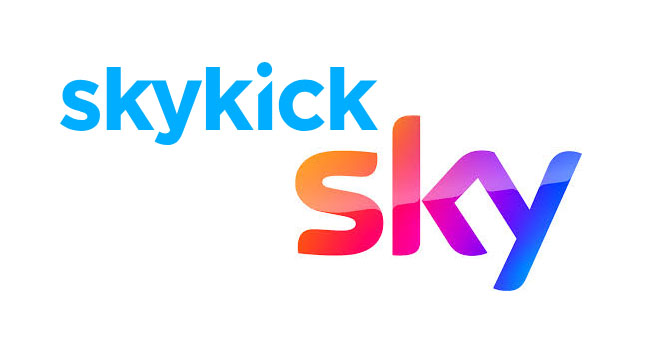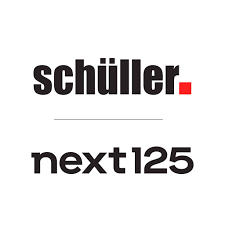Legal News – The long running intellectual property saga and the Supreme Court ruling in SkyKick v Sky has massive IP sector implications as it clarifies the law on bad faith trademark registrations.
The key takeaway for the entire IP sector, from the Supreme Court ruling in SkyKick v Sky, is that brand owners must beware of obtaining trademarks they have no intention of using.
SkyKick v Sky – The latest David v Goliath IP Battle
There have been many many examples of David v Goliath IP battles over the years, often were the corporate entity exercises excessive force in the name of ‘IP protection’ and yet whilst the case of SkyKick v Sky was billed as another example, the Supreme Court ruling has sent shockwaves across the IP sector and it has to be said, made things a little easier and clearer for the ‘IP Davids’ who find themselves at the mercy of the courts from overzealous IP lawyers acting for large corporates.
The crux of the SkyKick v Sky complaint was that SkyKick, a Seattle-based startup supplier of software and services for managing the ‘cloud’ caught the attention of Sky’s IP gatekeepers, who saw the light blue SkyKick logo and thought they would have a punt at trade mark infringement. In January 2016, they sent a letter before action and proceedings commenced in May 2016.
SkyKick denied infringement, maintaining that it had done no more than make honest use of its own name.
SkyKick then counterclaimed that Sky’s trademarks were invalid as they lacked clarity and precision – and (crucially) that they had been made in bad faith.
Eight years of litigation involving six court judgments later, the complaint then landed at the Supreme Court in 2023, whom were taken with deciding on the two issues below:
(1) What is the test for determining “bad faith” in s.3(6) of the Trade Marks Act 1994?
(2) If such bad faith is found, what is the correct approach to determining the specification that the proprietor of the trademark should be permitted to retain?
Lord Reed, Lord Lloyd-Jones, Lord Kitchin, Lord Hamblen and Lord Burrows heard the case on the 28th and 29th of June 2023 and their judgement was released yesterday, November 13th and all Supreme Court justices agreed with the High Court that Sky acted in bad faith.
Lord Kitchin described the contested Sky trade marks as ‘framed in very general terms’ and covering ‘an enormously wide range of goods and services’, including ‘computer software supplied from the internet’.
SkyKick did not respond to press requests, perhaps victory being all that needs to be said on the matter?
A Sky spokesperson said however: “Sky, like many other businesses, historically filed a range of trade marks in accordance with relevant guidance available at the time. Today’s Supreme Court judgment concludes a lengthy legal process to clarify the correct application of the law. We acknowledge this clarification and will follow this moving forward.”
Common Sense Approach to IP Law
Most David v Goliath IP battles end in favour of the Goliath, even when logic would dictate otherwise as put simply, the IP Goliath’s have the resources and the IP lawyers on their side to stack the deck in the favour so that the David’s dont stand a chance.
Whilst a corporate brand owner should rightly be able to protect its intellectual property in cases of passing off or trademark infringement, the Supreme Court has finally weighed in on the matter of large corporates and the practice of ‘trademark squatting’, and registering trademarks in IP categories that it has never and will likely wont ever produce a product or service in.



